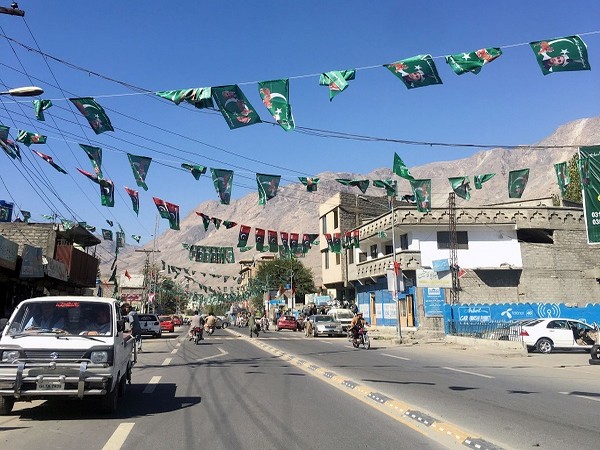The administration of Pakistan-occupied Gilgit Baltistan (PoGB) has reportedly entered into a leasing agreement with Green Pakistan Tourism, a branch of the Pakistani military, for 37 rest houses in the forest locations.
According to a report from the Kabul-based online news agency Khaama Press, the rental rates are set at Rs 7 lakh per month for 20 buildings from the Communication and Works Department and Rs 1.35 lakh monthly for 17 properties spanning 450 acres from the Forest Department.
This arrangement has sparked apprehension regarding the appraisal of public assets, with concerns raised about the perceived undervaluation of these properties and Pakistan Army ventures into the tourism sector.
The insatiable urge of the Pakistan Army to run public affairs has led it to start a new company called Green Tourism Limited and going a step further, it has now taken dozens of tourism sites on long-term lease and is now planning to run hotels and other such facilities.
Meanwhile, the Pakistani military justified its involvement in commercial ventures as necessary for security and economic development, however, critics argue that such engagements raise potential conflicts of interest and undermine democratic governance.
The military’s land acquisitions, including those under the guise of initiatives like the “Green Pakistan Initiative,” have come under scrutiny for their impact on local communities and small-scale farmers.
The Pakistani military’s methods of grabbing land in PoGB are multifaceted and often involve a combination of legal manoeuvres, coercion, and strategic exploitation of resources.
The military often justifies land acquisition under the pretext of strategic infrastructure development. Incidentally, the Pakistan Army runs huge commercial entities all over the country, starting from gas and petrol stations to housing colonies. It also runs many industrial units and there is hardly a sector in which the Pakistan Army is not involved.
Projects such as roads, military bases, and communication networks are often used as a pretext to acquire land, sometimes without proper compensation or consultation with local communities.
The military often collaborates with civil authorities, including local governments and administrative bodies, to acquire land through legal or quasi-legal means. This collaboration involves influencing decision-making processes, manipulating land records, or using political pressure to secure land.-ANI


